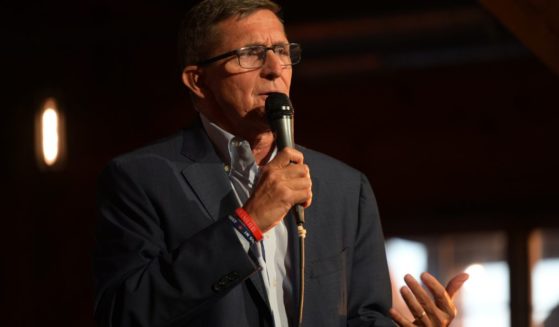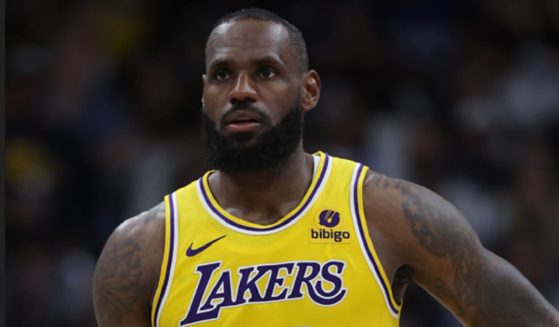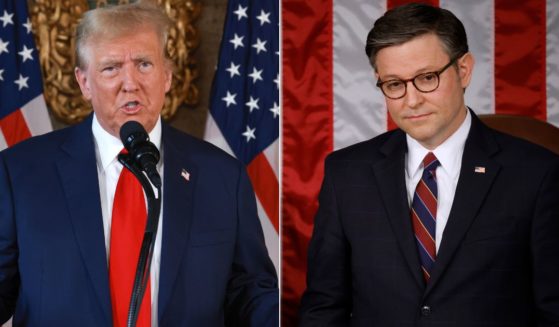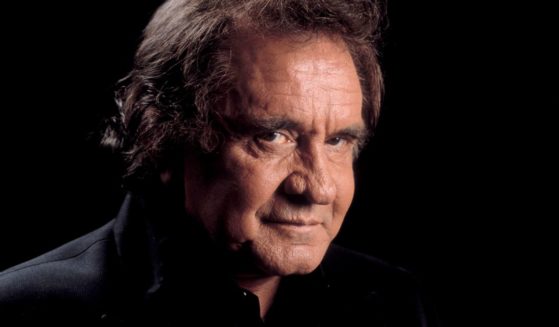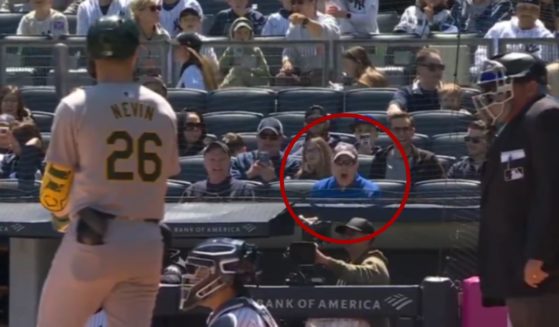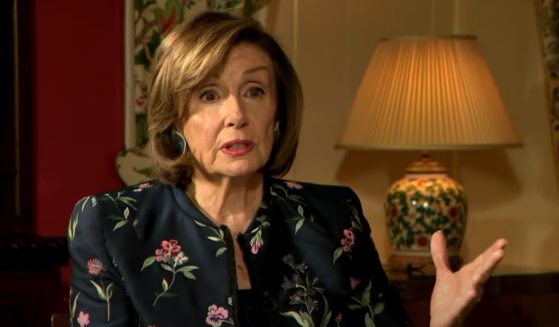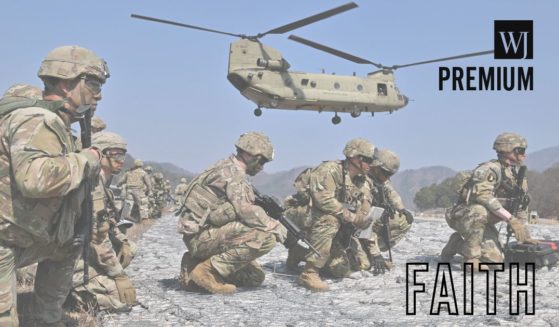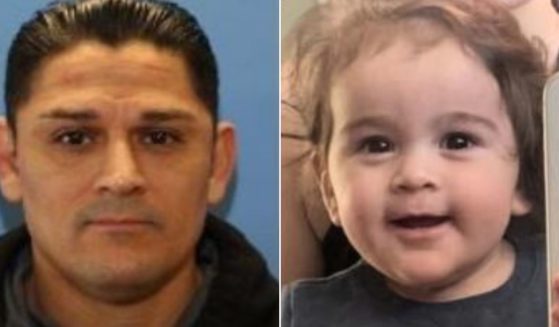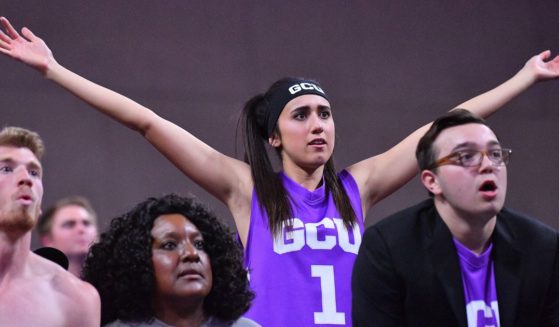2020 hopeful Hickenlooper talks with mass shooting survivors
DENVER (AP) — Former Colorado Gov. John Hickenlooper on Tuesday met with survivors of the Columbine High School attack and other survivors of the state’s mass shootings just four days before the 20th anniversary of the Columbine massacre.
Hickenlooper, who is seeking the 2020 Democratic presidential nomination, has been touting gun control measures he signed following the 2012 Aurora theater shooting, which killed 12 people. But Tuesday’s event had a somber tone and barely touched on the reliable Democratic vote-getting issue of gun control, instead veering into an inconclusive discussion of the need for improved mental health services for both the victims of mass shootings and for potential perpetrators.
Hickenlooper kicked off the hourlong discussion at a Denver church by noting recent suicides of survivors of last year’s Parkland High School shooting and of the father of one of the children killed in the Sandy Hook massacre. The former governor, who’s called for federal funding of more long-term counseling for those affected by mass shootings, asked the group about the lingering impact of the trauma.
Tom Mauser, whose son Daniel was one of 13 people killed at Columbine, worries there’s been too much emphasis on “be strong” after recent attacks.
“You need to balance that with the reality that some people are still traumatized,” he said.
Democratic state Rep. Rhonda Fields, whose district includes the site of the Aurora massacre and whose son was killed earlier in an unrelated homicide, is concerned that resources aren’t getting to those who need them.
“There is a ripple effect when it comes to mass shootings,” she said. “I don’t know if people know how to ask for help sometimes because the focus seems to be on the parents or the students who were right there.”
Coni Sanders, whose father, Dave Sanders, was the lone teacher killed at Columbine, now runs a mental health provider. She said she’s seen improvements in the system after 20 years.
But Sanders worries about the underfunded mental health system in general. She counsels domestic abusers and others referred by courts but said it’s almost impossible for people with mental health issues to find help outside the criminal justice system. Absent a threat that they may imminently harm someone, they’re often waved away, she said.
“Unless you go to an emergency room and actually are in crisis, there’s no help,” Sanders said.
Mauser added that people often deflect calls for gun control with references to mental health but said that truly tackling mental health issues will cost a great deal of taxpayer money.
Hickenlooper, who noted that the state invested $30 million more in mental health care after Aurora, said discussion of mass shootings often centers around gun control, which, he said, is good. But, he added, they need to be broader.
“This is something we really haven’t addressed,” Hickenlooper said.
The Western Journal has not reviewed this Associated Press story prior to publication. Therefore, it may contain editorial bias or may in some other way not meet our normal editorial standards. It is provided to our readers as a service from The Western Journal.
Truth and Accuracy
We are committed to truth and accuracy in all of our journalism. Read our editorial standards.

